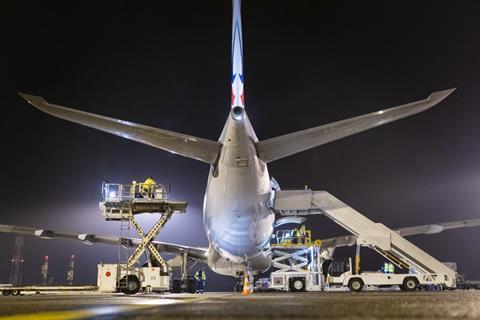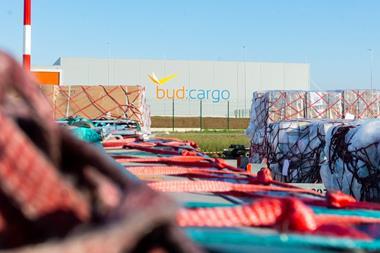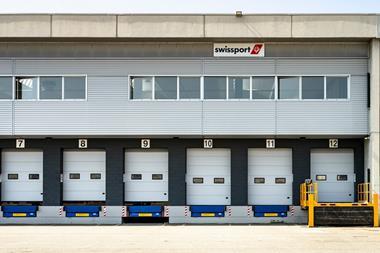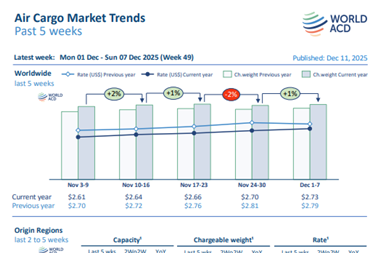
Budapest’s Ferenc Liszt International Airport processed a total of 183,362 tons of air cargo in 2021, up 36% from 2020.
The airport said this was achieved with just 4.8% growth in the number of cargo flights, thanks to a renewed increase in belly cargo traffic and better utilisation of dedicated cargo flights.
Pandemic-related shipping container congestion and e-commerce have helped grow cargo, said the airport. The majority of international e-commerce volume arrives in Hungary by air.
These factors, alongside the Hungarian government’s Chinese-Hungarian aerial Silk Road policy, have seen air cargo traffic between China and Hungary reach new levels, it added.
Last year, the Chinese technology-focused Alibaba Group decided to choose Budapest as its Central and Eastern European air logistics hub, attracting other major cargo players to the Hungarian market, added the airport.
Budapest Airport’s new cargo handling base covering tens of thousands of sq m, known as the Cargo City, was also used for Covid-19 vaccine transportation last year, aiding the airport’s cargo performance.
Chris Dinsdale, chief executive officer of Budapest Airport, said: “Our cargo developments will continue; Budapest Airport decided last year to further expand the BUD Cargo City, handed over two years ago, with preparatory works already under way and construction scheduled to start in 2022.”















